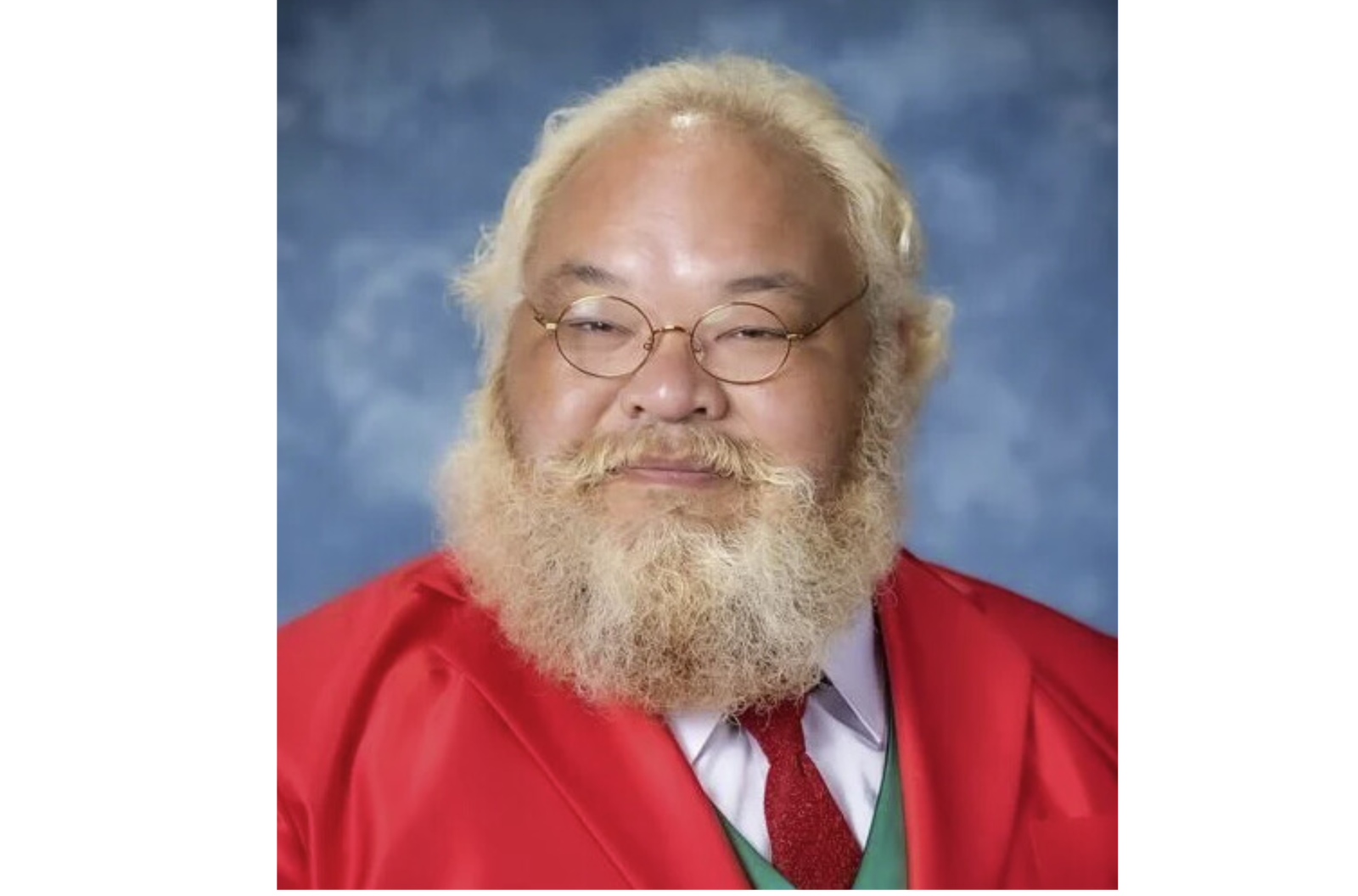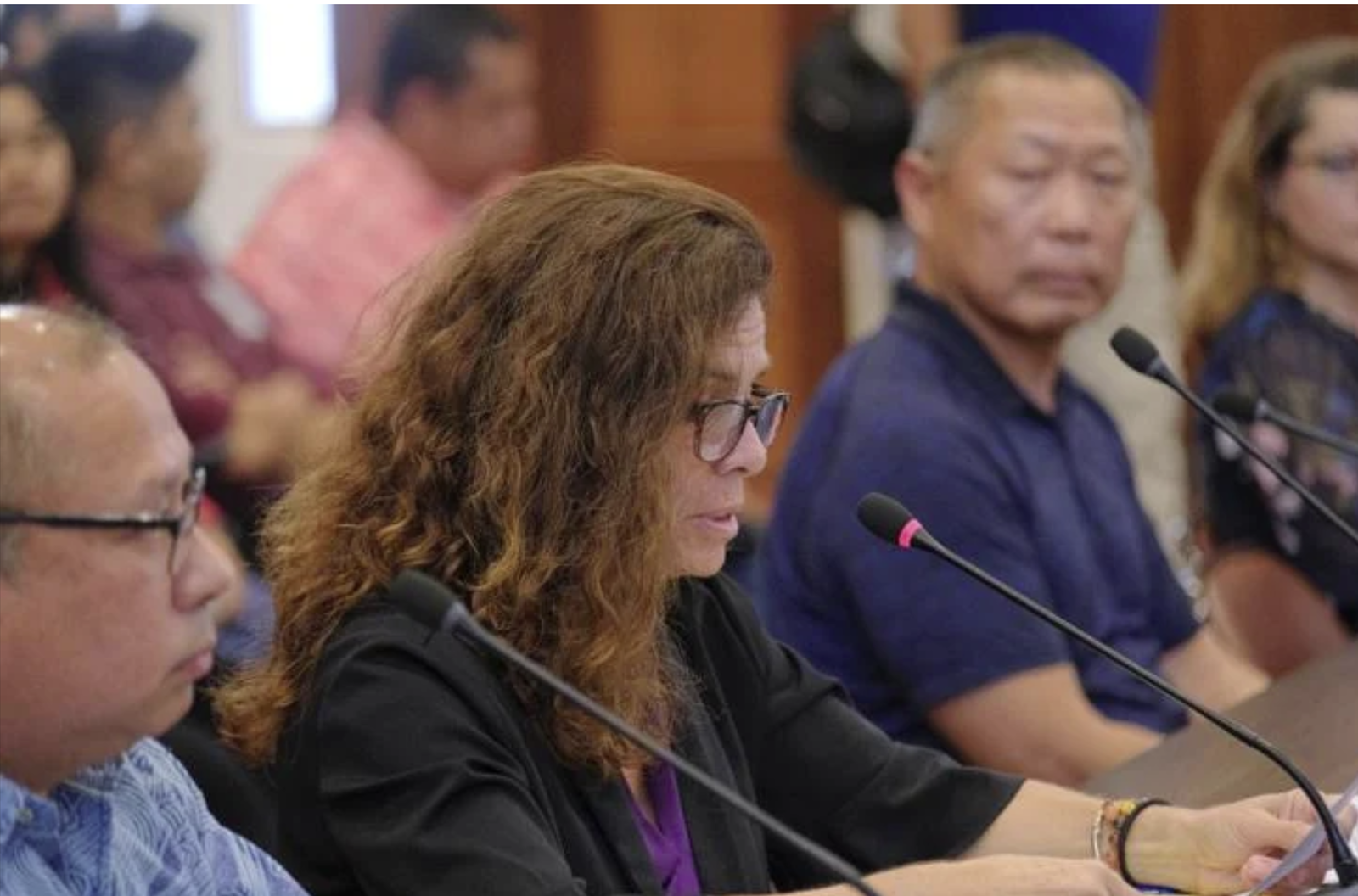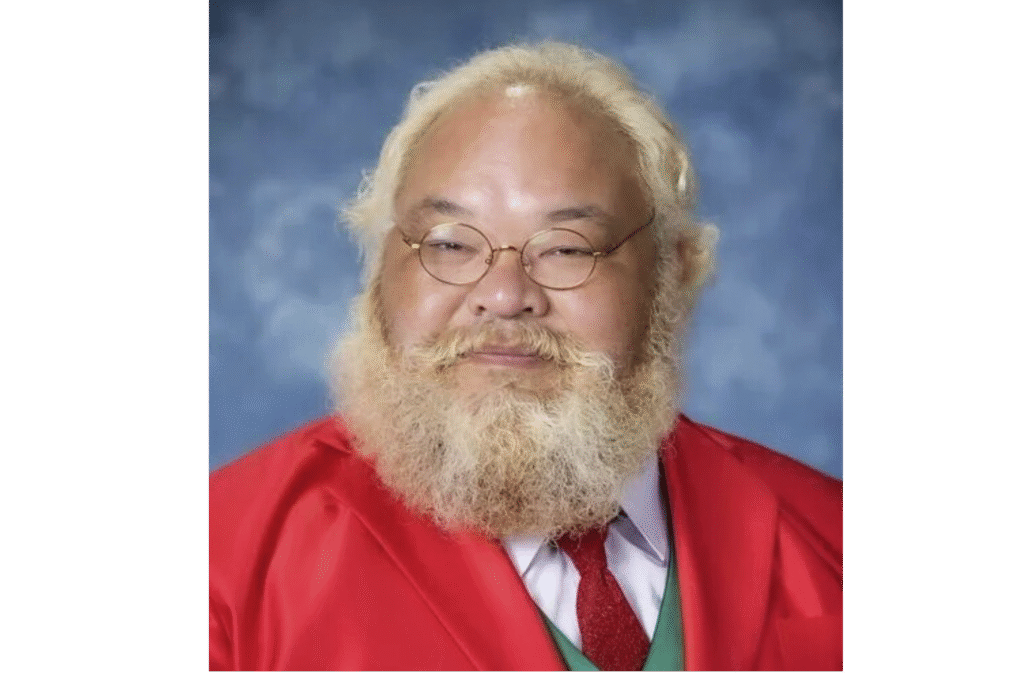HAGÅTÑA (The Guam Daily Post) — A measure proposing to legalize “judicial caning” received significant opposition Tuesday.

Bill 21-37, from Sen. Dwayne San Nicolas, would authorize the Judiciary of Guam to administer corporal punishment – caning – as a sentence in lawful convictions.
Attorney Heather Zona, acting chief prosecutor for the Office of the Attorney General, said the OAG does not support Bill 21, as there are many concerns with corporal punishment.
Zona said corporal punishment has not been used in the United States for over half a century, and it no longer exists in the legal systems of most developed nations.
She went on to cite reported human rights abuses in countries named in Bill 21 as examples of corporal punishment.
“They have low crime rates because they have repressive governments. The justifications cited for the bill here are open to doubt. There is no evidence that caning will have a deterrent effect on Guam or that it will reduce recidivism on Guam,” Zona said, adding that there are problems in the measure’s application that would make it unenforceable.
Defense attorney Peter Santos said he could not support the measure for legal reasons, although he understood the intent of Bill 21.
“The supreme law of the land is the United States Constitution, then the federal statutes, then state statutes. … Treaties are given the same force and effect of federal statutes. The U.S. signed on to the (United Nations) convention against torture, and other cruel and inhumane degrading treatment or punishment,” Santos said, adding that the U.S. made one reservation – that it not encompass the death penalty.
“From a legal standpoint, I believe that this legislation would not be legal. It would be void ab initio,” Santos said, referring to the standpoint that a law is void from the beginning.
Representatives from the Social Work Student Alliance opposed the bill, as did former Guam Police Department Chief Fred Bordallo, who said Bill 21 not only violates the Organic Act of Guam, but also constitutional provisions against cruel and unusual punishment.
If passed, the legislation also would violate rights defended and recognized by several national and international human rights organizations, he added.
“It is disappointing, Sen. Dwayne San Nicolas, that you have not withdrawn the legislation, which is expected to be opposed and challenged by many of our criminal justice professionals,” Bordallo said.
San Nicolas: Caning ‘was a compromise’
San Nicolas, during his opening statements, said Bill 21 was inspired by a 2014 visit to Singapore, which utilizes caning as a form of corporal punishment. San Nicolas said the measure is part of his campaign promise to address crime.
The senator also recalled the sexual assault and murder of a teenage girl that occurred when he was about 12 years old. The perpetrator was “never brought to justice,” he said.
“As a child, I told myself that one day, if I was ever in a position, that I would do something about that. To never let that happen again. … And here I am,” San Nicolas said.
At the conclusion of the hearing, San Nicolas said he’d been speaking to people around the island, and for every person who disagreed with the measure, 10 others agreed with him.
“It’s actually most of the manåmko’ that are agreeing with me. … This was all about caning only. It wasn’t about turning us into an autocratic state or a Third World country. This was trying to find a way to, somehow, deliver justice to not only the criminal or perpetrator, but to uphold the dignity of those who were wronged,” San Nicolas said.
The senator said he initially intended to propose a death penalty, but didn’t want to go that route due to close familial ties on Guam and the possibility of putting an innocent person to death.
“Caning, for me, was a compromise. Because even if (a criminal) was not guilty and he was punished, he’d still be alive to go home. And if he was punished and it was just and right and he served his sentence, he can go home. I don’t know what’s more restorative than that. But I’m just as frustrated as a lot of people in our community, and I gave it a shot,” San Nicolas said, adding that he was thankful for the testimony and for the comments from his colleagues.
“If this doesn’t go far, let’s come back and let’s do something else,” he said.

Heather Zona, acting chief prosecutor for the Office of the Attorney General, gives testimony during a public hearing Tuesday, April 11, 2023, at the Guam Congress Building in Hagåtña.











